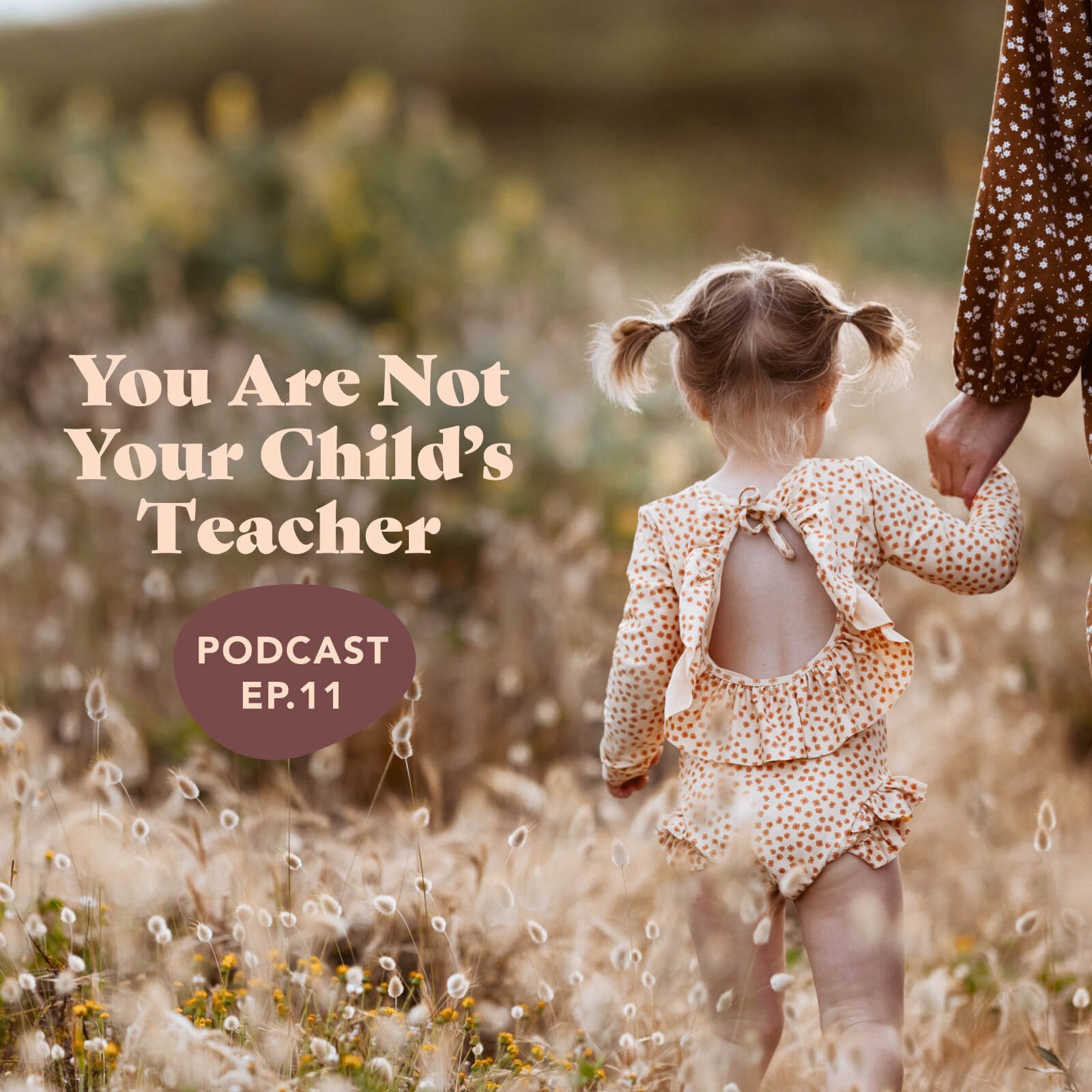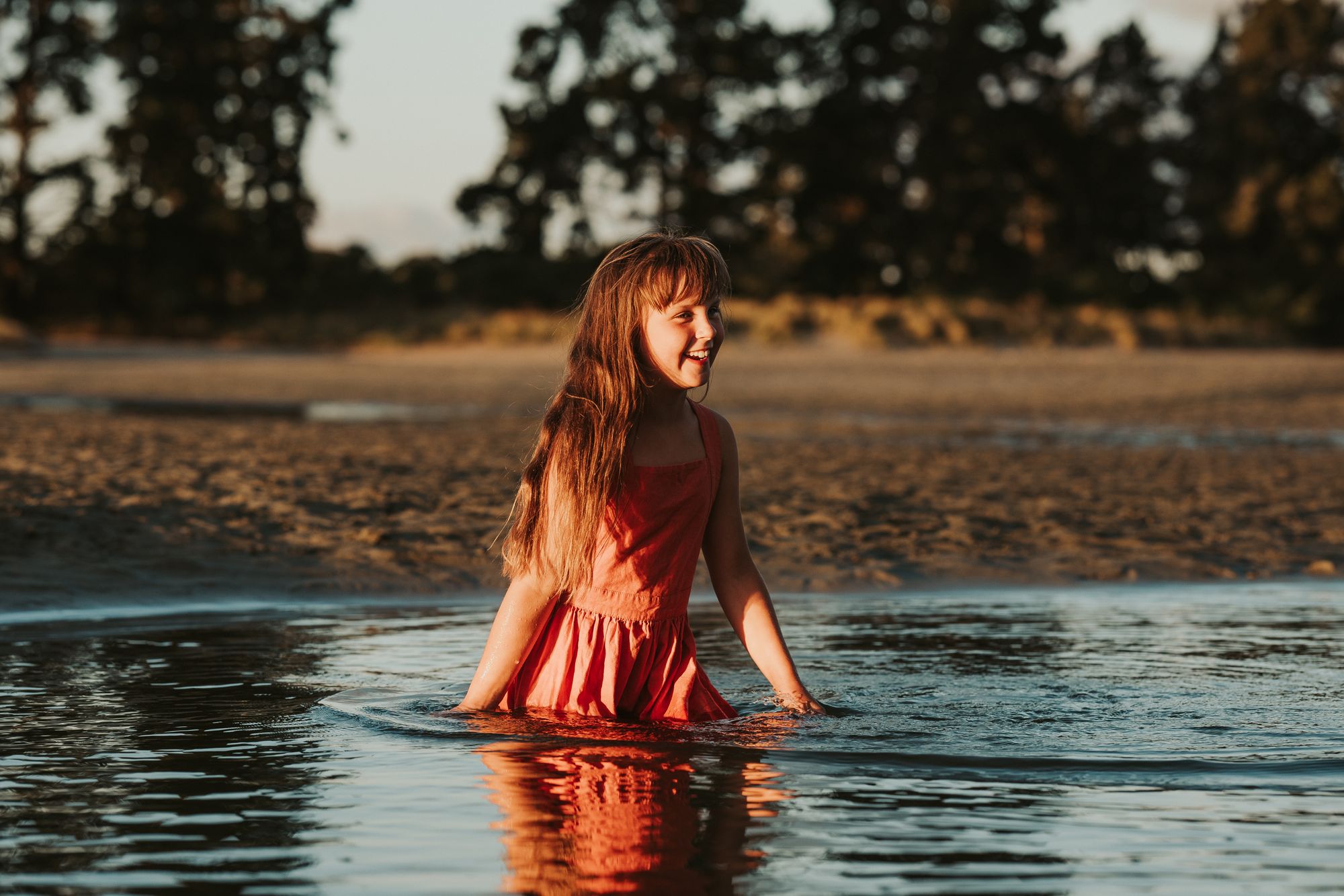This answer will either terrify you or free you: don’t plan any lessons.
(actually, it’ll probably do both - starting with the terrifying bit, but eventually becoming freeing)
I know it feels counterintuitive when you've spent time within the system, especially as a teacher, but removing most formal aspects of education usually ends up being overwhelmingly positive. And for the record, this is the same de-conditioning process my wife had to go through as an ex-primary school teacher turned homeschool mum.
As a teacher, you know that your training prepared you for a lot of things. It’s a skilled profession that takes study and preparation, and results in a hard-earned qualification. But you also know that preparation is not all focused on children, and the way they learn, and how we can best encourage and foster that. That’s a solid part of it, of course, but a significant amount of energy – by necessity – goes into areas like understanding the history of education, the politics of education, classroom management, rostering, behavioural management, curriculum delivery, testing, marking, assessment…the list of things a teacher spends time on during their training is quite varied.
Now, all those things are necessary if you want to stand in front of a classroom full of kids and deliver a curriculum to them on time, and with good results. But if that’s not what you’re trying to do – which, as a home educating parent, you’re not – most of those skills suddenly aren’t necessary.
And lesson planning is one of those things.
If you asked most teachers what it is that slows down or prevents children’s learning the most, they’d tell you it’s all the layers and testing and bureaucracy that get in the way of them working closely and patiently with their students. And if you asked them what the ideal learning scenario would be, I don’t think they’d tell you it had anything to do with organising, packaging and delivering information.
I think they’d tell you it has a lot more to do with the child being ready to learn, being open to learn, and the physical and mental environment being conducive to it.
My firm opinion is this: the best home education environment develops when you create an entirely different experience to a classroom, not when you try to replicate one.
Most of us would agree that one of our primary goals as home educating parents is to develop motivated, self-directed learners. There are many ingredients that go into developing drive or motivation, but autonomy is one of the first ones you need to add. In fact, autonomy is so important to human development that we really should see it as a basic human need. The environment we create should embrace that, and most classrooms - with their planned, structured learning cadence and extensively planned lessons and topics - simply don't.
My strong advice: let your young children just explore the world around them. Read to them, play with them, sing and dance, bake, spend time in the garden, go places, see people...and forget allll about lesson planning.

If you want to hear me dig more into how the role of a home educating parent should differ to that of a teacher, check out Episode 11.









